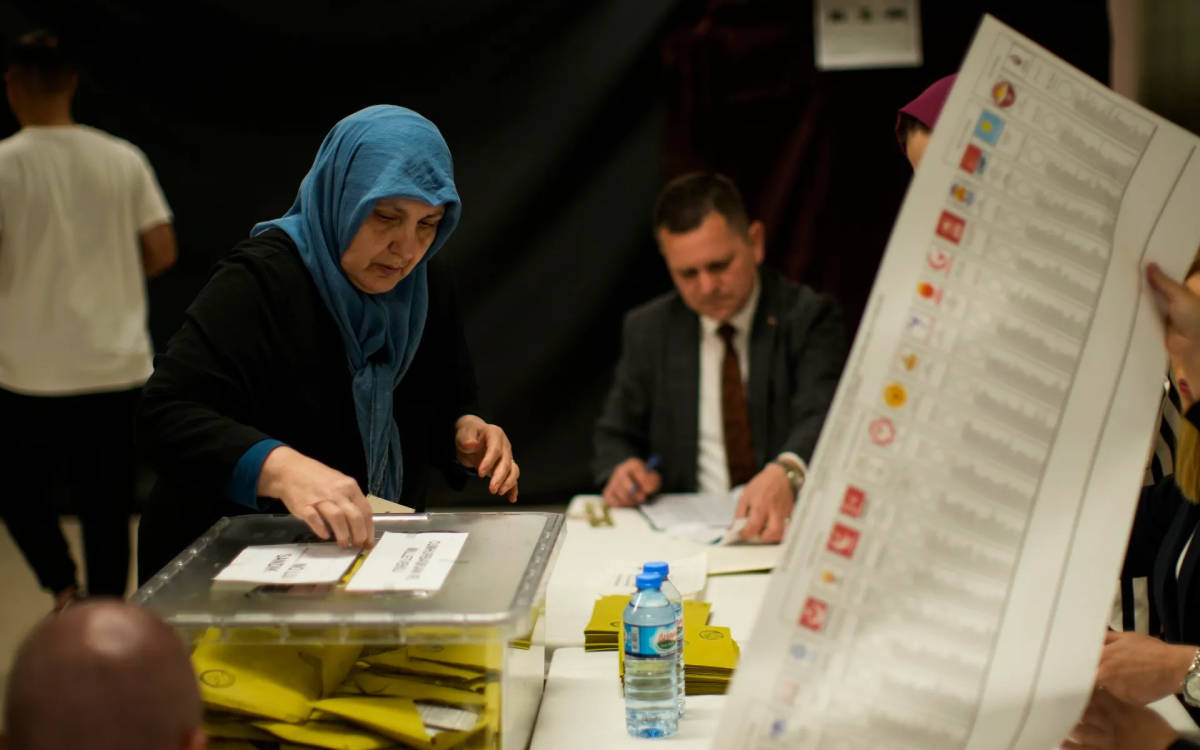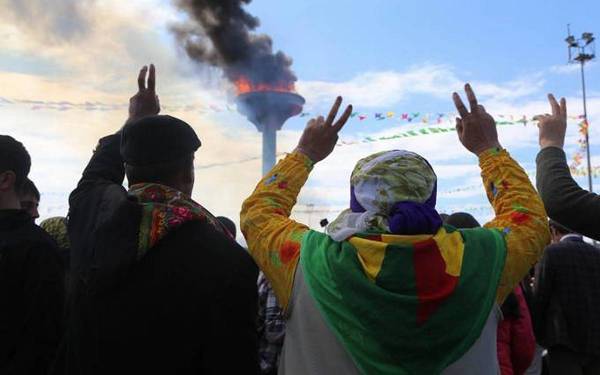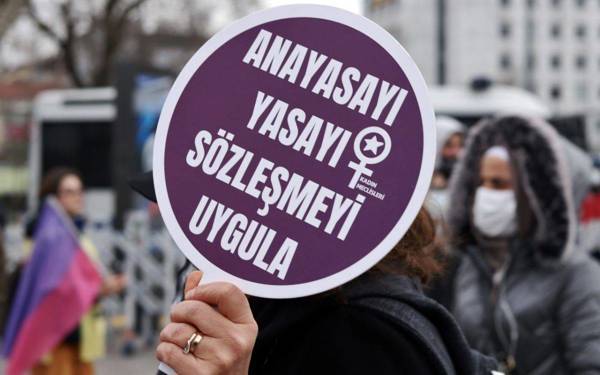"Local elections are approaching, and the calendars of political parties for the nomination of candidates have been announced. Parties have initiated their election campaigns, while voters have begun discussing these efforts. None of these discussions are exempt from the 2023 General Elections, which took place as one of the most highly participated elections in history of Turkey.
In the opposition camp, election campaigns conducted in a diverse environment quieted down after the defeat in the first round already, but the loss in the second round created a significant disappointment for almost half of the society.
We spoke about the disappearance of the 'optimistic' atmosphere in the opposition after the incurred defeat, the polarization in society, and the atmosphere in which local elections will take place following the recent general elections with Prof. Dr. Pınar Uyan Semerci, the Director of İstanbul Bilgi University Centre for Migration Research.
“Referendum-like elections have reinforced polarization”
The May elections were one of the elections with the highest participation in history of Turkey. Despite this high turnout, the elections did not take place in a very diverse representational environment; rather, they unfolded through a binary representation situation. How did this political dichotomy reflect on the society?
This is a topic we have been working on for many years. Polarization in politics initially began among politicians and political parties. However, over time, this situation also reflected on the electorate. Polarization started to be observed among voters. This situation is crucial because existing entrenched identities, overlapping with party identities, have hindered the ability to coexist, think, and collaboratively address common problems together.
To what extent is this polarization experienced in Turkey?
Political polarization is a global issue, but unfortunately, Turkey has become one of the places where we will most strongly witness its traces. Referendum-like elections have reinforced this trend because supporting a party like supporting a sports team, adopting a perspective of either being on one side or the other, has led to an 'us versus them' mentality, belonging to one group, and viewing the other as the 'other.' The existence of this emotional polarization at an individual level is a significant problem."
"We watch different news channels, read different newspapers"
How did the general elections impact the opposition voters?
There is a sense of disappointment among the opposition voter base. Economic difficulties, the effects of the recent earthquake, and the global atmosphere of war that the world has entered into... All of these create concerns, disappointments, and doubts. The discussion of how voting behaviors are influenced by emotions after populism is an important topic in global politics also.
If the experiences and concerns are common, why are the reactions developed by the two groups so different?
Because we watch different news channels, read different newspapers, acquire different information about the realities of Turkey, and as a result, we become people living in separate bubbles. Yes, there are common concerns, common anxieties; like earthquakes, economic problems... But we diverge significantly when it comes to the question of who is to blame for these issues. I believe the impact of living in different 'Turkeys' when identifying the problems of Turkey plays a role."
“Space should be created for youth, for women and for all diversities”
In the general elections, the opposition's political language in the second round was very different from that in the first round, and they received a lot of criticism for it. What path should they follow in the local elections?
First, the fundamentals of why politics is being conducted need to be established, what concerns are driving politics? For example, are children's rights a part of this, or are human rights a part of this? And when these are laid as the foundation, the politics conducted should not contradict this foundation.
Can you elaborate a bit?
For example, we are currently in an environment where many provinces still lack female representation in parliament. What are we doing right now to create a different representation of women in local elections? Let's also look at care policies. What can we produce with a new language and a fresh approach for the many issues we face every day, including baby, child, and elderly care?
What needs to be done?
I'm not convinced that a single prescription can bring a solution. We need common understanding, inclusive teams, mechanisms where different needs can be heard. Politics is essentially the interpretation of needs, and the most urgent and important needs are identified through this interpretation. We need different voices that can break existing priorities and challenge them.
The current situation is an environment of uncertainty, with everyone living in considerable anxiety, including economic difficulties. Therefore, there is a need for a new understanding to generate solutions for our common concerns, and this is essentially a discussion for a new social contract. Creating space for youth, women, and all diversities in the political system, especially addressing the democracy crisis, is crucial. (ZA/HA/PE)









.jpg)